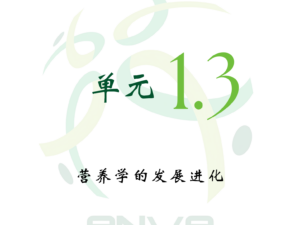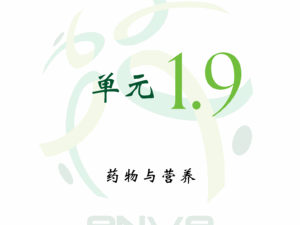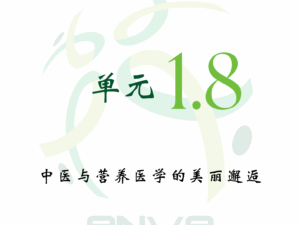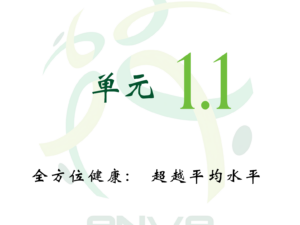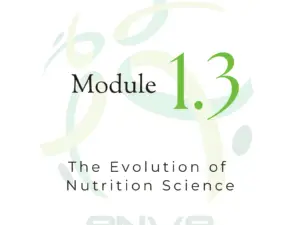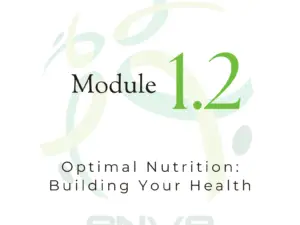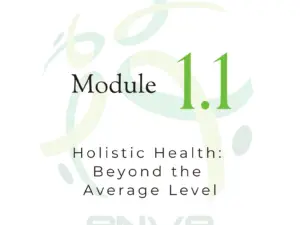1.7 Interpreting Food Labels
- Description
- Curriculum
- Reviews
- Grade
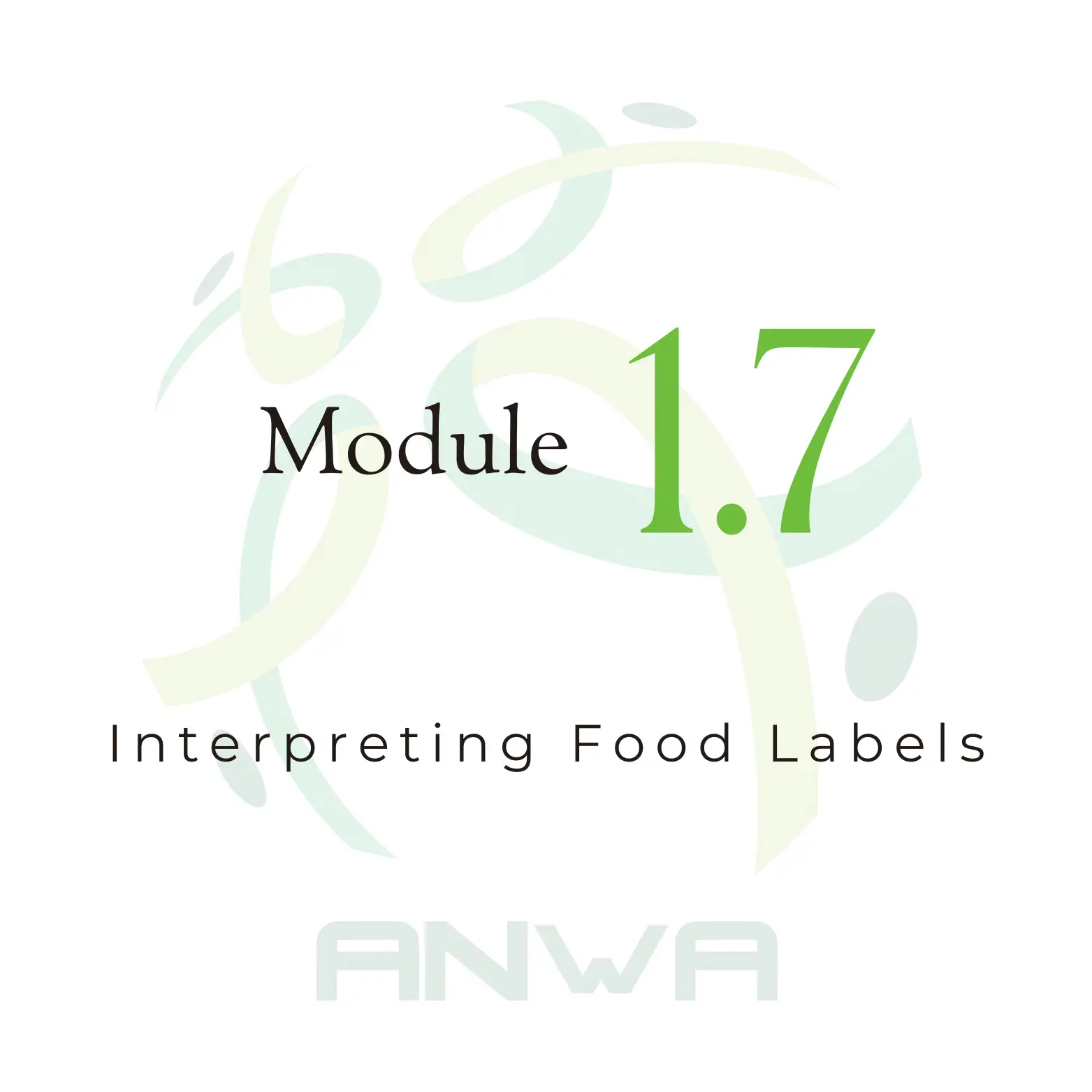
❓Is your snack as healthy as the label says? Or are you being tricked by clever marketing?
Food labels are a vital bridge between consumers and products—but also a place where misinformation hides. In this chapter, you’ll learn how to read labels like a pro, decode ingredient lists, understand expiry dates, additives, organic & GMO markings, and spot misleading claims.
By the end, you’ll make smarter, safer choices every time you shop.
🎯 Learning Outcomes
-
Understand the legal structure and components of food labeling.
-
Learn to read expiry dates, additive codes, ingredient lists, and nutrition panels correctly.
-
Spot misleading marketing terms like “natural,” “sugar-free,” or “zero calories.”
-
Identify and interpret organic certifications and GMO labels accurately.
-
Build critical thinking skills to make informed, health-conscious food purchasing decisions.
🛒 Reflection|Reading a label is the first step to reclaiming control over your health.
Through this chapter, you’ve transformed from a passive consumer to an empowered decision-maker.
You now understand how to break through the marketing noise, decode ingredients, assess additives, and interpret organic and GMO claims with confidence.
Next time you pick up a product, let your knowledge guide you. Choose not by what the front of the box promises, but by what the back reveals. In every label lies a story—and now, you know how to read it wisely.

